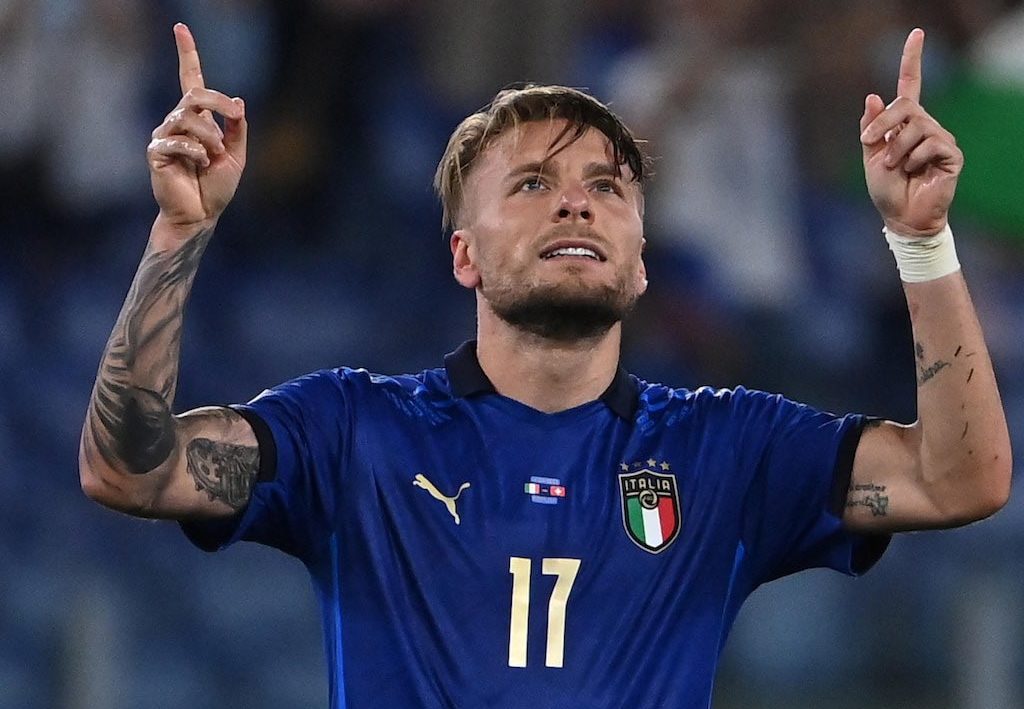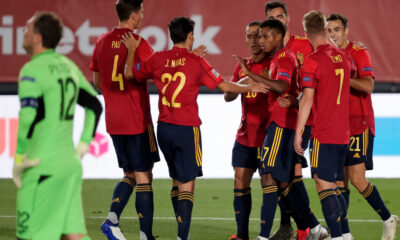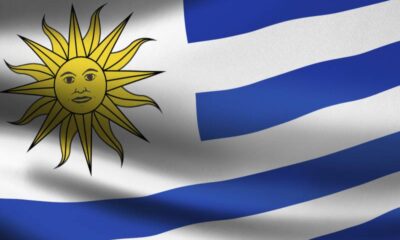Football
A window into the past: Italy reaches the European Championship finals for the fourth time. In 1968, by draw of lots
Four-time world champions Italy have reached the final of this year’s European Championship, the fourth time in their history they have been crowned rulers of the continent, but only once (in 1968). And their progression to the final was very strange, in fact unique – by luck of the draw.

Four-time world champions Italy have reached the final of this year’s European Championship for the fourth time in their history, but only once (in 1968) have they been crowned rulers of the continent. And their advancement to the match where gold is being fought for was very strange, unique in fact – by lot.
Coach Roberto Mancini’s charges went through to the Euro finals this year via Spain and it was a drama. It wasn’t decided until the penalty kick mark, which they won 4-2.
The Italians experienced the same nerves at Euro 2000, when they shut out the home side Netherlands 3-1. Only in 2012 did they need normal time to advance, beating Germany 2-1.
However, their greatest success dates back to 1968, when they hosted the final with four participants. In the semi-final in Naples against the Soviet Union, they drew 0:0 goalless, with extra time not enough.
At that time, penalty kicks were not used to decide who was better, a convenience that was only experienced by Czechoslovakia in their clash with the Federal Republic of Germany in the 1976 European Championship final in Yugoslavia.
Until then, draws had been repeated, but how to cram another game into the tournament when the winners of the other game, Yugoslavia, who had beaten England, awaited their opponents.
The second finalist was determined by a real lottery, where it didn’t matter much about the players’ skill, kicking technique and steady nerves, but only which way fortune would lean. The lot.
And even the circumstances that accompanied the coin toss were quite bizarre. Only West German referee Kurt Tschenscher and the captains of the two teams, coincidentally, the extreme defenders Albert Shesternov and Giacinto Facchetti, remained on the pitch after 120 minutes of a fierce battle. 68,582 spectators, mostly home fans, held their breath in the stands.
“It was strange,” recalled Gianni Rivera, the golden boy of Italian football and creator of the game, of the tense moments. “We all walked off the pitch and waited impatiently in the dressing room to see how it would turn out. It was an incredibly long time… Then an elated Giacinto appeared in the doorway, shouting that we were in the final, that the coin had fallen on our side,” Rivera and his teammates greeted the captain. “I can’t imagine the atmosphere next door...” he was able to empathise with his opponent’s frustrated feelings.
For the record, the final against Yugoslavia also ended in a 1-1 draw and the match was repeated two days later. And the fox on the Italian coach’s bench, Ferruccio Valcareggi, had matured his opponent, deploying the maximum number of substitutes who were not so exhausted.
Luigi Riva and Pietro Anastasi were instrumental in Italy becoming European champions for the first – and last – time.
This year, the draw did not decide the progression to the final and a replay is not in the regulations. If the duel with England ends amicably after 120 minutes, the good old penalty-kick shots will come into play.
Source: UEFA












